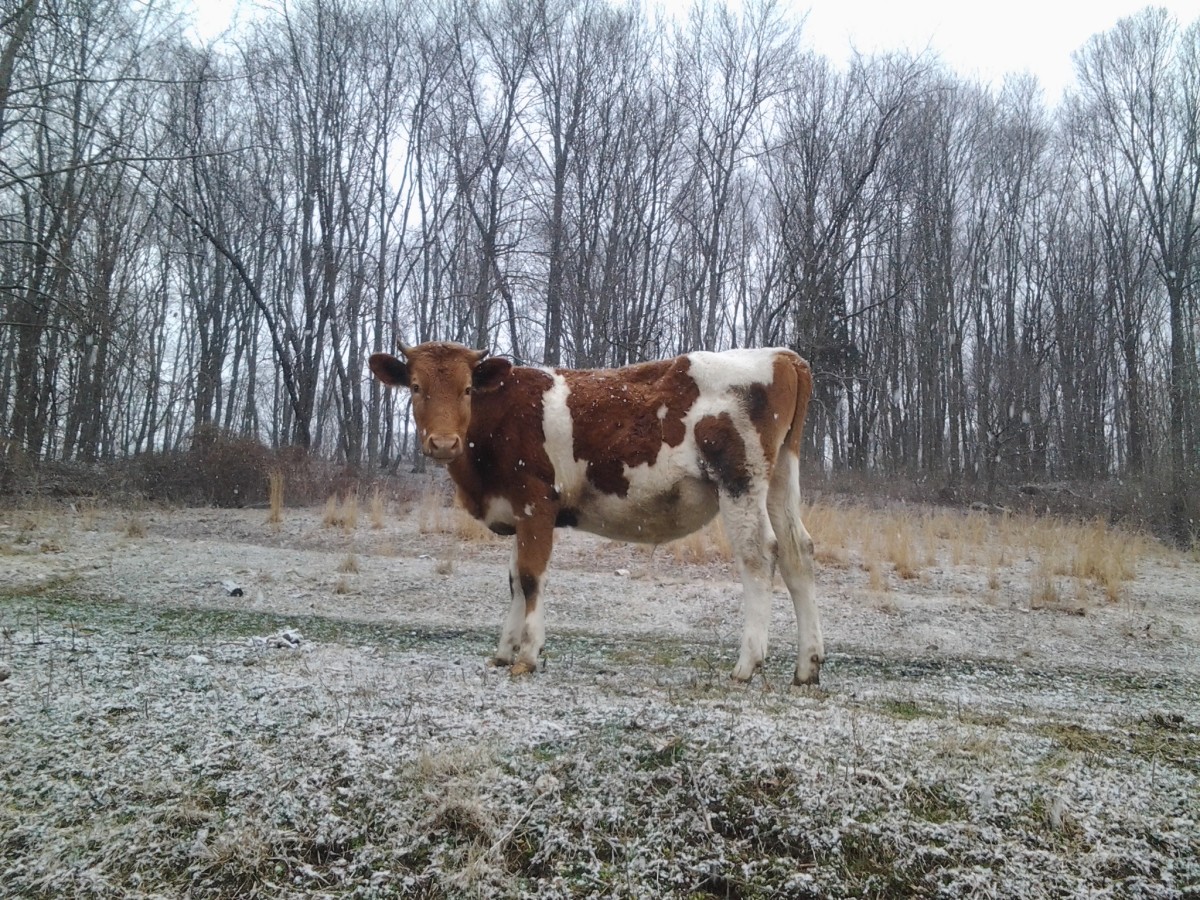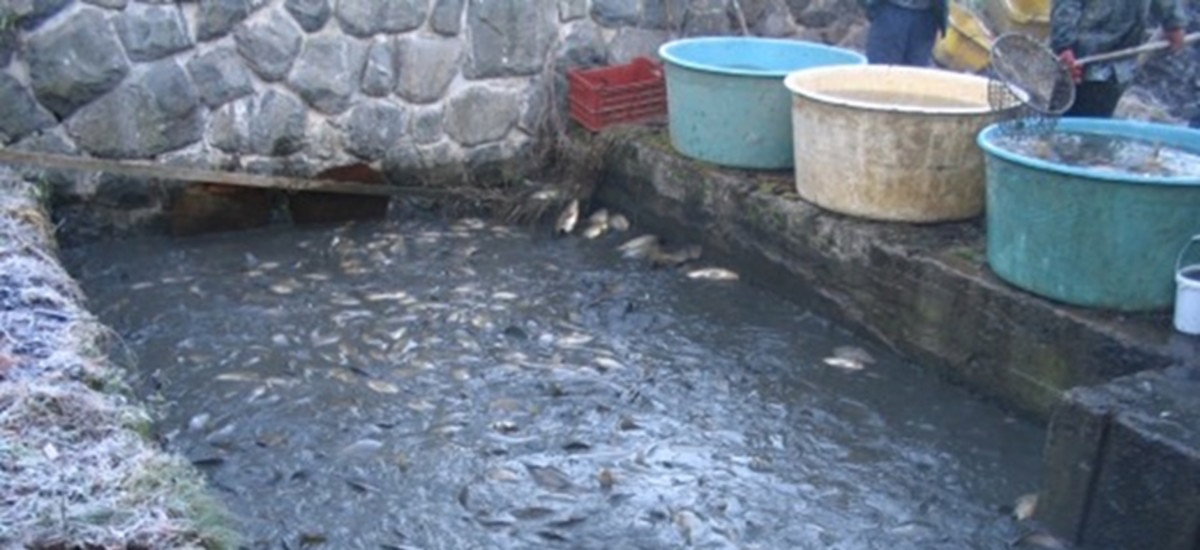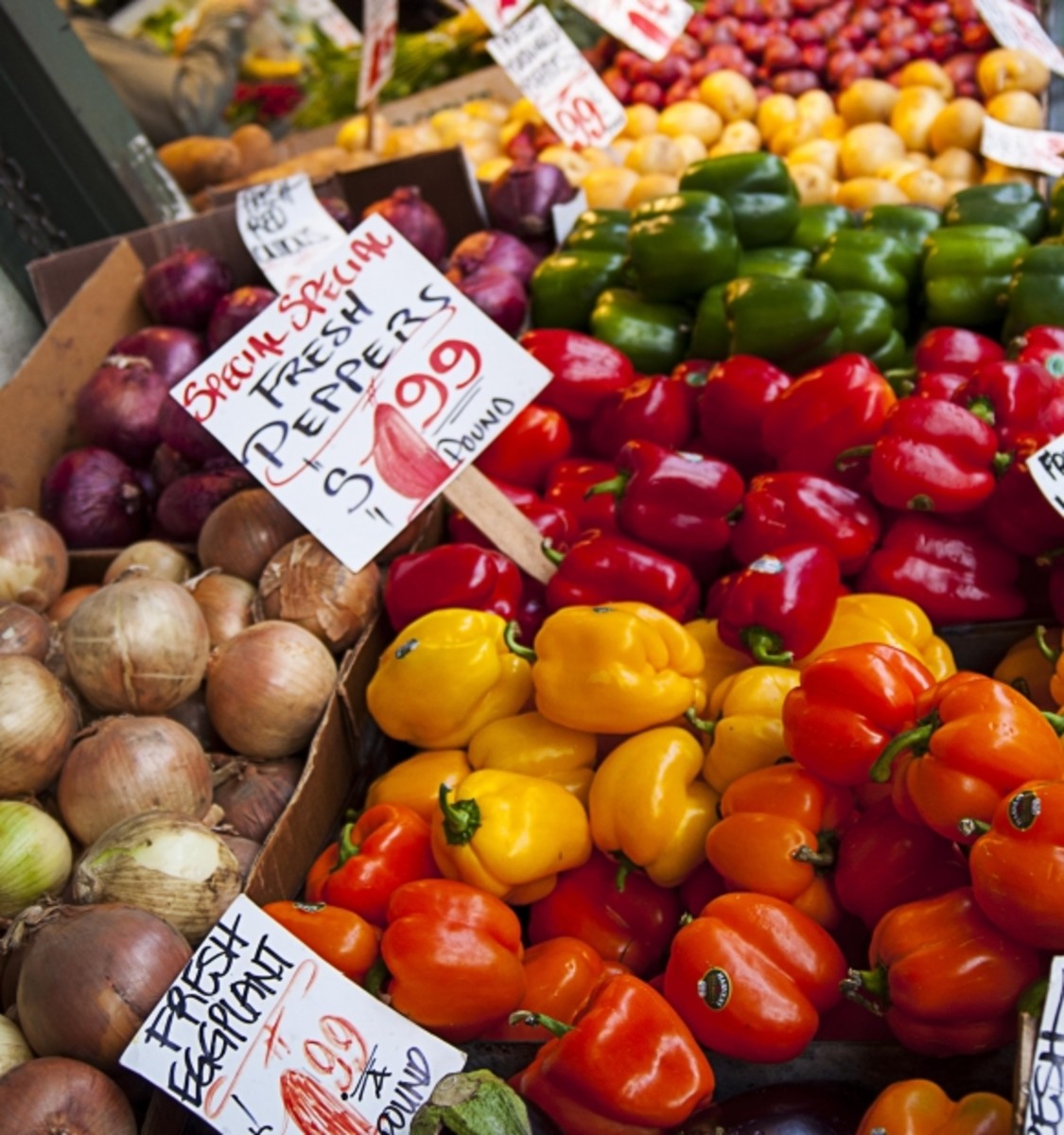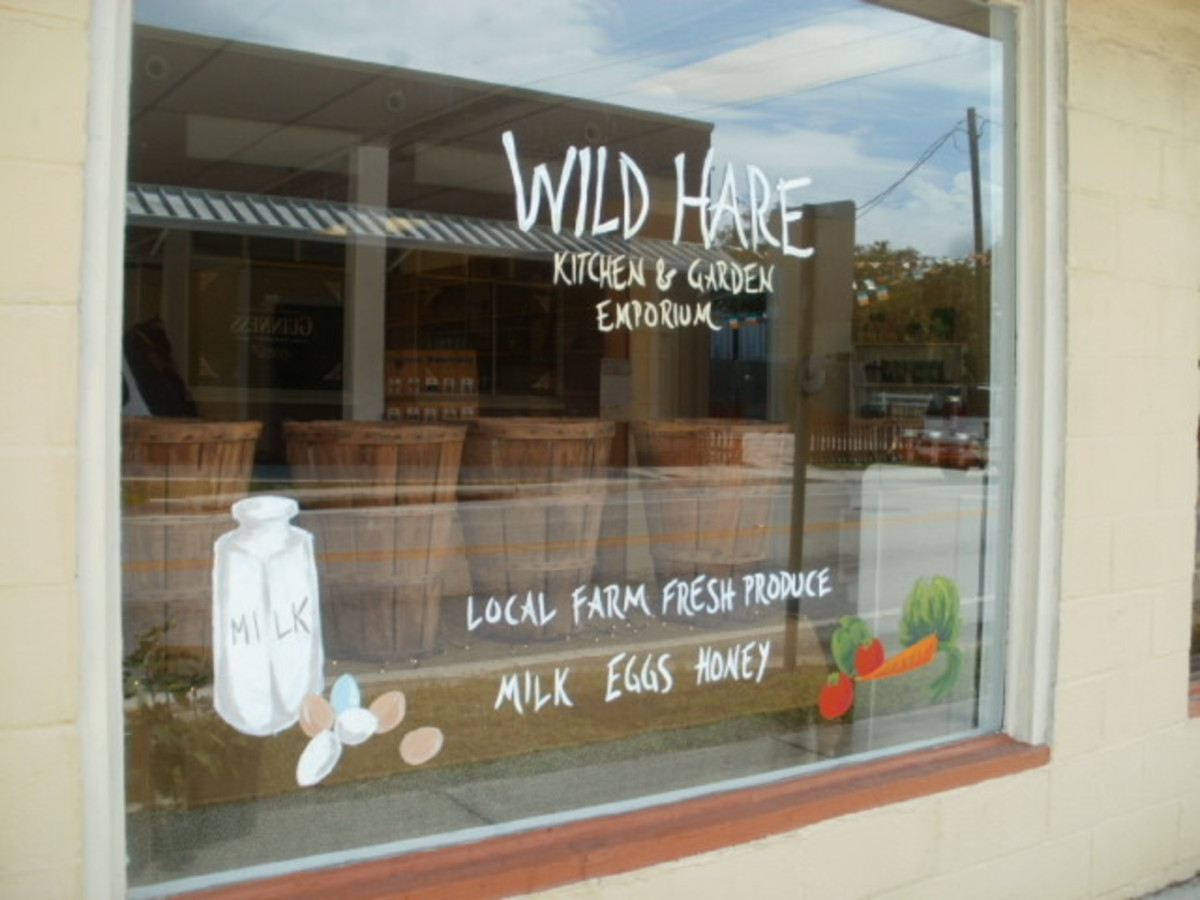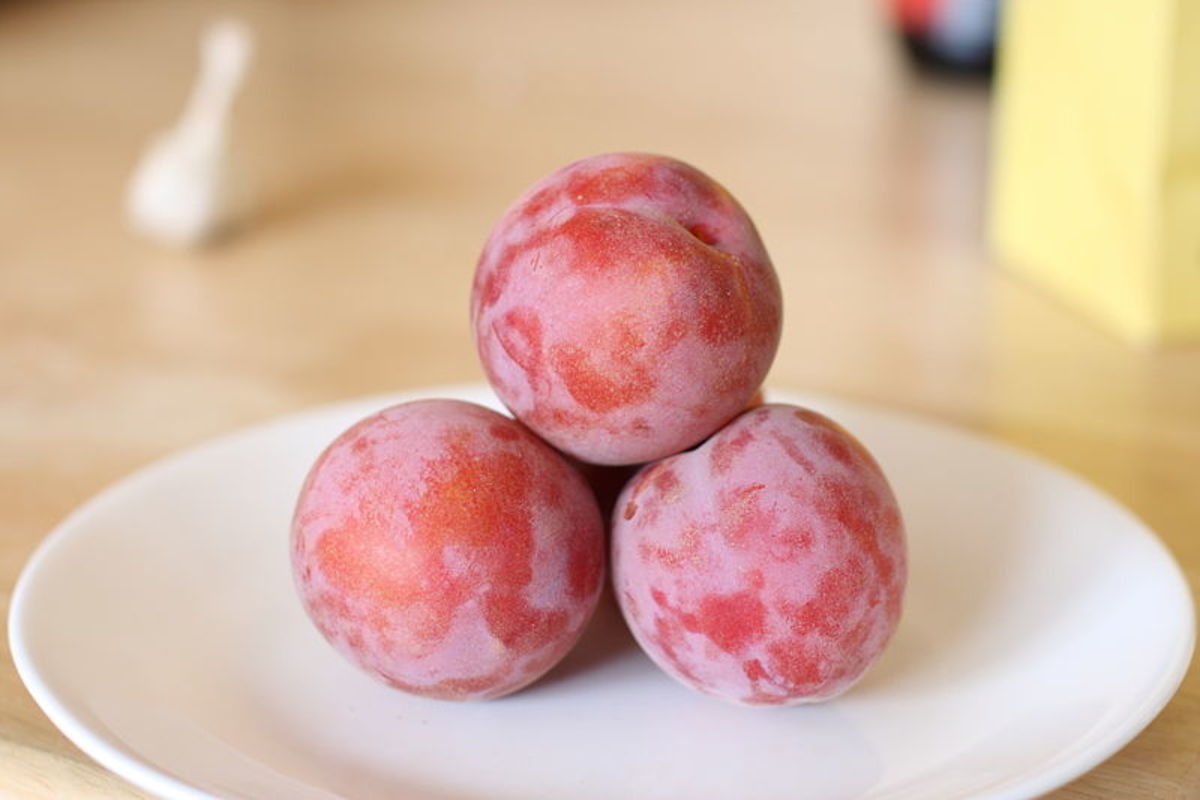Sustainable Agriculture – Biodynamics - An Introduction
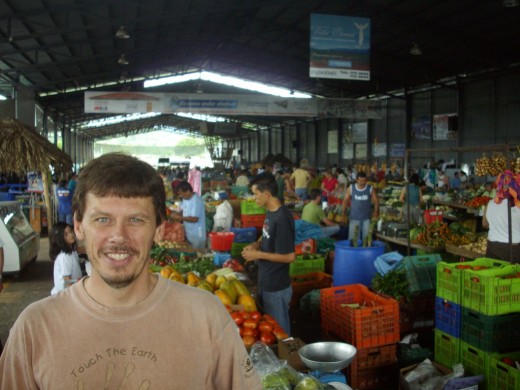
In the fall of 2008 I moved to Costa Rica with my wife and 8 year old son. We moved onto a biodynamic farm to learn about more sustainable living, organic gardening, and intentional communities. We spent a year and a half working on the farm and managing their volunteer program.
Other Articles By This Author
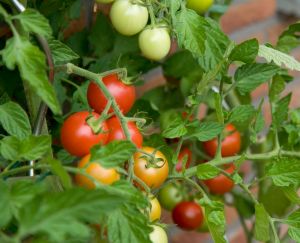
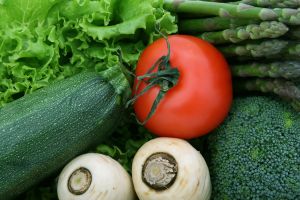
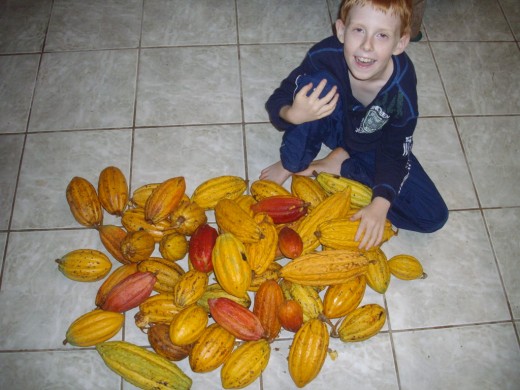
What is Biodynamics?
Biodynamics is a form of agriculture that was introduced in the 1920's by an Austrian, Rudolf Steiner. You may have heard his name before, Rudolf Steiner is the same individual behind Waldorf Education.
Biodynamics takes a holistic view of farming or gardening, by recognizing the inter-relationship of the soil, the plants and the animals as a unified living system. Biodynamics also considers the relationship or of the earth system to the cosmos.
It is the relationship of the earth to the cosmos that throws off many people when they are considering biodynamics as a method for their farm or garden. I have not bought into all of the concepts of biodynamics, some of them do require a great deal of faith, but in my experience many of the methods we used gave us great results.
Biodynamics is regarded as one of the most sustainable forms of agriculture. There is no use of artificial chemicals on the plants or the soil. A biodynamic farmer or gardener pays particular attention to the health of the soil. Where we worked, the soil in the region is primarily clay. In the greenhouses we relied heavily on adding compost to the soil. In biodynamics, the health of the soil is very important, as it should be in any garden or farm. To achieve good soil health biodynamics relies on composting and biodynamic preparations.
Biodynamic Preparations:
There are 9 biodynamic preparations. They are numbered 500 – 508 . We also used another preparation on the farm known as Barrel Compost or BC.
The preparations 500 and 501 are used as field sprays. 500 is used to improve (it stimulates humus formation) and also is good for root development. The 501 prep is used for the development of the plants leaves.
The preparations 502 – 507 are used in the compost pile. I had ideas on composting prior to arriving at the farm and I tried different methods of producing the finished compost. The piles that produced the best results were the piles treated with the biodynamic preparations.
The biodynamic preparation 508 is used to control funguses.
The preparation known as BC (barrel compost) was my favorite as a work saver. It is used as a spray over the soil, in place of compost.
Biodynamic Calendar
The emphasis that biodynamics places on the relationship of the farm to the cosmos has resulted in a biodynamic calendar which was the creation of Maria Thun. The calendar is used by many farmers and gardeners as a guide to the best times to sow seeds, transplanting, harvesting and cutting. At the farm we would only cut things back at the optimal time of the month. In the greenhouses we were harvesting every day, so this wasn't really practical. However, we would do our planting and pruning based on the calendar.
Biodynamic Preparations
Biodynamic Ashing:
This is an interesting technique. My personal experience with ashing hasn't allowed me to come up with a conclusion on its effectiveness, but it is an interesting idea.
Ashing is used to control pests and weeds. For weeds, the seeds of the weed are collected and then burnt and the ashes are spread like a pepper over the area you are having a problem. For invertebrate pests, the pests are collected and burnt and the ashes are mixed with wood ash and then spread like a pepper over the problem area.
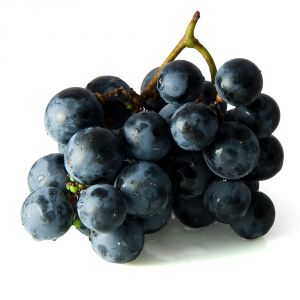

Biodynamic Conclusions:
I love the idea of treating the soil, plants, animals as a living inter-dependent organism. My experience with biodynamics has given me proof of its effectiveness. I am striving to live a more self-sufficient life and applying most of the biodynamic theories to my gardens will help. For anyone interested in getting started in biodynamics, there are a number of good books available. It is interesting reading and will probably challenge some of your ideas on gardening.






